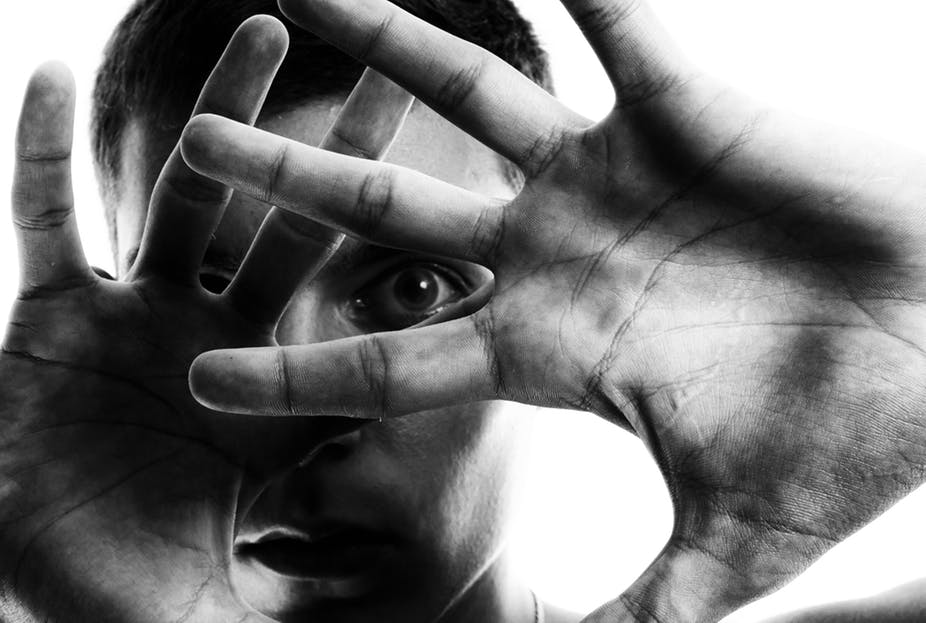The common misconception that men are not identified as victims in society conceals the actual fact that Intimate Partner Violence (IPV) transcends beyond gender and sexuality. Any behavior by an individual that causes harm or danger to their significant other within an intimate relationship is referred to as Intimate Partner Violence (IPV). The minimal availability of literature or research on IPV within same sex male relationships is the reason why this problem is considered less serious in comparison to IPV experiences among heterosexual and LBTQ women. The cultural and societal discussions that surround masculinity hamper the ability of victims that face IPV in same sex male relationships to identify themselves in order to avoid stigma in the community and society as well. IPV takes on different forms. It can be physical, sexual, emotional, psychological and also through financial control by the dominant partner who is considered superior and holds the most power in the relationship.
Several barriers hinder victims in gay relationships access to assistance in regards to IPV. First of all, the legal definition of domestic violence currently excludes same sex/ gay men relationships. It is arguable that there is incredibly low confidence in law enforcement officers and courts of law which demotivates those involved in violent gay relationships from reporting such cases to the authorities. Unawareness of safe spaces inform of LGBTI friendly programs that can work as a support system for the victims to share their ordeals while they receive help, tangled up with the fear of potential homophobia by outing oneself when seeking for assistance from non LGBT service providers or survivors prolongs their experiences of gay male partner abuse since they have nowhere to turn. In totality, it is the set of practices that force quite a number of gay and bisexual male IPV victims to maintain a position of superiority without any show of weakness. And this impedes their willingness to reach out for help but rather struggle in silence with personal feelings of fear, shame, guilt and isolation from family and close friends. Chances of mental illness like PTSD (Post Traumatic Stress Disorder), depression and suicidal ideation are high and further cause the victims to use substance abuse as a way to cope and numb the pain they go through.
More research into cases of IPV in same sex male relationships will highlight this hush- hush issue that is detrimental to the well-being of the male sexual minorities. An understanding of victimization of gay and bisexual men in abusive relationships will contribute to the building of gay men's domestic violence programs which will offer friendly services like psychological help. This can even be within their personal social circles where the victims can openly speak out and share their stories of survival in violent same sex relationships. The availability of friendly health care providers like medical doctors, counselors and legal service providers who can conclusively advocate for the inclusion of same sex couples in some of their organizational policies will help address issues of IPV. As part of legal assistance, restraining orders can be placed on the former perpetrators that continue to stalk the victims. There is a need for effective law enforcement officers who can address IPV cases within same sex male relationships. Shelters can be set up for homeless gay and bisexual male victims of IPV that have no place to go and don't wish to return back to the abusive relationships. The recognition of violence within gay male relationships will inspire help- seeking behavior by victims while others will be empowered to realize once they are abused by their partners.




